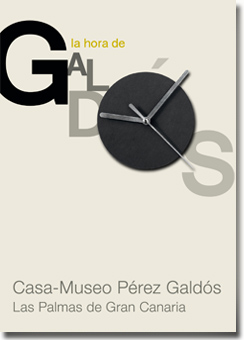LA REPRODUCCIÓN HUMANA EN EL CICLO VITAL DE FORTUNATA Y JACINTA / HUMAN REPRODUCTION IN THE LIFE CYCLE OF FORTUNATA Y JACINTA
Palabras clave:
estudios de género, maternidad, Fortunata y Jacinta, reproducción social, gender studies, motherhood, social reproductionResumen
El presente estudio aborda al tema de la maternidad en la novela Fortunata y Jacinta de Benito Pérez Galdós, desde un punto de vista de género, que recorre las distintas fases del proceso reproductivo que se observan en la obra. Esta clasificación nos permite detenernos en temas como la diferencia biológica de géneros, el pretendido instinto maternal o la visión dialéctica de la mujer que enfrenta al ángel del hogar a la prostituta adúltera. Para ello, se siguen principalmente las líneas teóricas expuestas por autoras de la segunda ola feminista entre las que destacan Simone de Beauvoir, Adrienne Rich, Mary O’Brien y, las más recientes Rosi Braidotti, Elisabeth Badinter y Mónica Bolufer. El objetivo principal será subrayar la sensibilidad del escritor canario hacia temas universales como la maternidad o la desigualdad de género, contribuyendo con ello a demostrar la vitalidad que su escritura goza en la sociedad contemporánea. / This paper deals with the topic of motherhood in the novel Fortunata and Jacinta by Benito Pérez Galdós, from a gender point of view that covers the different phases of the reproductive process that we have observed in the work. This classification allows us to address issues such as the biological difference of genders, the intended maternal instinct or the dialectical vision of the woman facing the angel of home to the adulterous prostitute. To this end, we follow some research lines presented by authors of the second feminist wave: Simone de Beauvoir, Adrienne Rich, Mary O'Brien and, more recently, Rosi Braidotti, Elisabeth Badinter and Monica Bolufer. The main objective will be to underline the sensitivity of the Canarian writer to universal themes such as motherhood or gender inequality, thereby contributing to demonstrate the vitality that his writing still enjoys in contemporary society.




